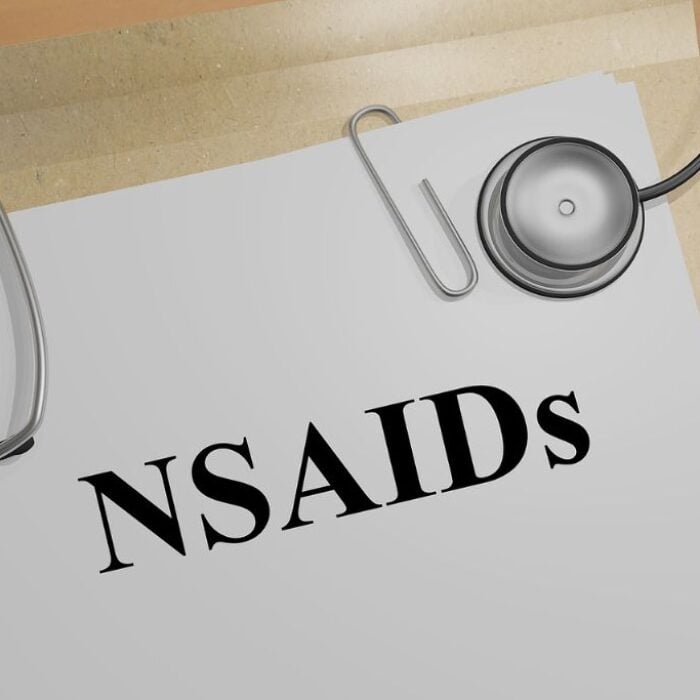Before beginning therapy with any prescription medication, it’s important to know exactly how to take the medicine and what to avoid in order to be safe. Vicodin is a combination drug containing hydrocodone, a narcotic pain reliever used to treat moderate to severe pain. It also contains acetaminophen, a non-narcotic analgesic that makes hydrocodone more effective. The tablets are available by prescription only and come with a label that spells out guidelines for safe use. Having this information is crucial in order to avoid problems such as health complications, allergic reaction, overdose and dependence.
Vicodin Precautions and Risks can Include Liver Damage
People who take Vicodin in high doses risk liver damage which can be fatal. Too much acetaminophen can cause this. For those without existing liver problems, the adult daily dose should not exceed 4 grams (4,000 mg). Patients should read labels carefully to make sure there is no acetaminophen in any other medication they are taking. Seek emergency medical help if any of these symptoms develop: severe nausea, dark urine, stomach pain or yellowing of the skin or eyes. Because of the acetaminophen, you may not be able to take this medication if you consume more than 3 alcoholic drinks per day or if you have cirrhosis of the liver. Vicodin can impair thinking and reaction time. It should be taken with caution when driving or other important tasks must be accomplished.
Signs of Allergic Reaction and Other Vicodin Precautions
Before taking Vicodin, it’s important to know if you are allergic to any of the ingredients. Symptoms of an allergic reaction can include rash, itching, hives, dizziness, trouble breathing and swelling. It’s also important to tell your doctor before beginning therapy with an opiate medication whether you have had asthma, sleep apnea, liver or kidney disease, low blood pressure, history of head injury or brain tumor, mental illness, history of drug or alcohol addiction or some other conditions. The hydrocodone component in Vicodin can be habit-forming. It should never be used recreationally or by anyone other than the person who has a prescription. It’s important to keep drugs of this nature in a secure location where others don’t have access to it. Patients who take too much Vicodin or mix it with other central nervous system depressants risk overdose. These include alcohol, other narcotics, sleeping medications, sedatives and tranquilizers.
Vicodin Detox by Waismann Method ® Manages Withdrawal
Most people don’t set out to become addicted to their pain medication. It can happen once a tolerance develops. Waismann Method provides safe opiate detox to eliminate Vicodin addiction in a hospital procedure. For anesthesia-assisted rapid detox, we use intravenous medication to cleanse the drug from patients’ opiate receptors, a process that takes less than two hours. Patients are lightly sedated during this and awaken without awareness they experienced an accelerated withdrawal. Patients usually stay in the hospital 1 to 3 days and are transferred to Domus Retreat for a few more days of around the clock continuum care. Others may wish to extend their stay at our Domus Retreat aftercare facility for additional care and therapeutic services.













